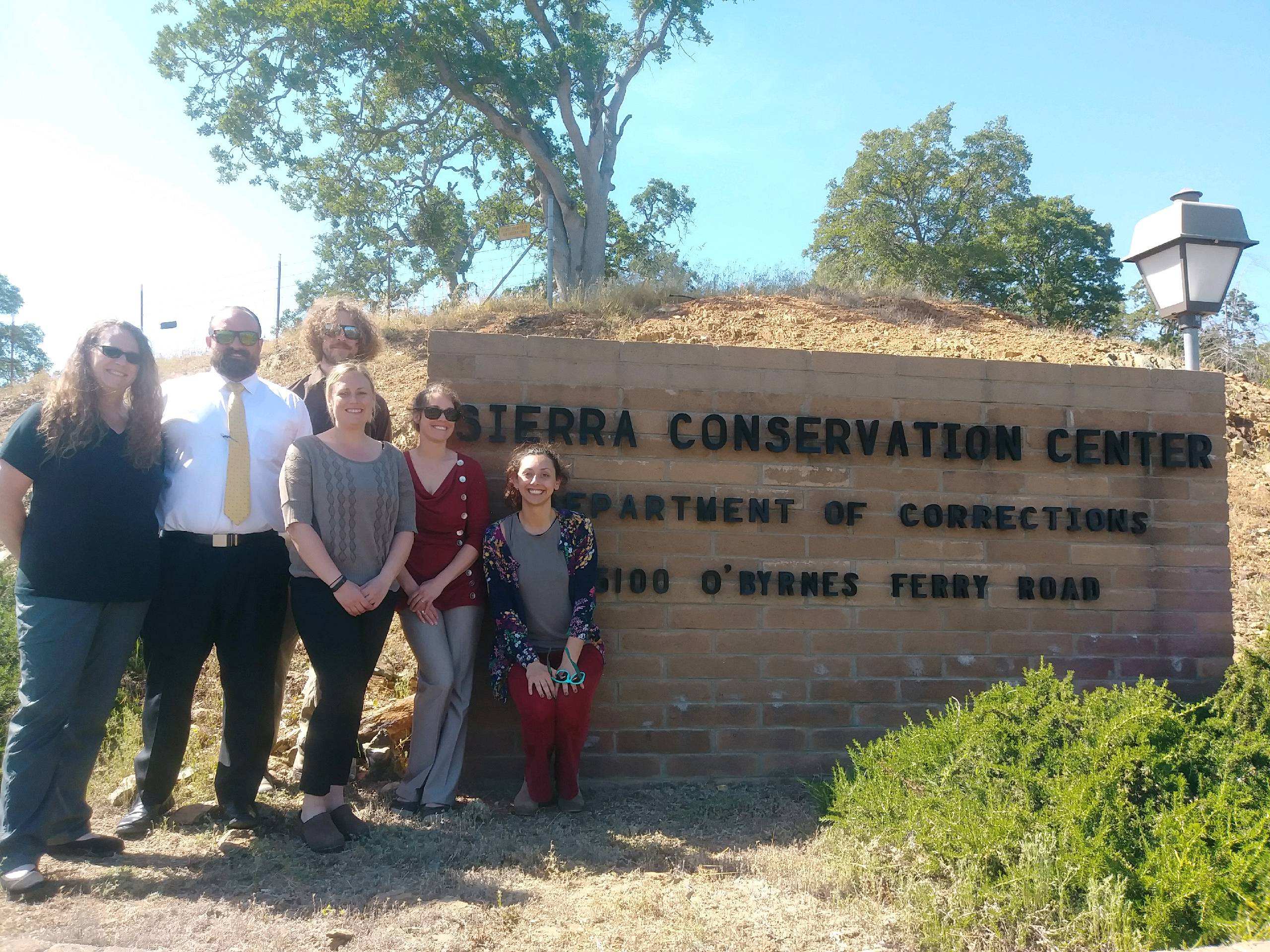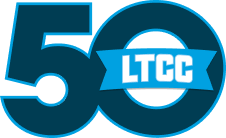LTCC Providing Degree Pathway to SCC Inmates
May 9, 2018
 The Incarcerated Student Program (ISP) at Lake Tahoe Community College has just partnered with the Sierra Conversation Center (SCC) facility located in Jamestown, CA, providing students there with a transfer
degree pathway and hope for a better future after being released from California’s
prison system.
The Incarcerated Student Program (ISP) at Lake Tahoe Community College has just partnered with the Sierra Conversation Center (SCC) facility located in Jamestown, CA, providing students there with a transfer
degree pathway and hope for a better future after being released from California’s
prison system.
ISP staff from the college visited the minimum and medium custody inmate facility last week to register 55 new LTCC Coyote students, many of whom are continuing college students. ISP expects to have up to 100 students from the center registered by fall quarter. All of these inmates will have the opportunity to earn an Associate in Arts degree for transfer in Sociology – a broad-based program that when complete, gives them the option to pursue a bachelor's degree as a junior upon release or while incarcerated, with a partnering institution in California. This particular academic program exposes students to classes in History, Psychology, Political Science, and a number of other courses that can be applied to a wide array of four-year degree programs.
The Sierra Conservation Center is a parent facility that oversees 20 male inmate camps located from central California down to the Mexico border that serve as training facilities for firefighting techniques. Inmates at these facilities are routinely dispatched to help fight wildfires and other emergencies around the state, along with a variety of other community work projects. The Jamestown facility also provides career and technical education programs in Office Services, Building Maintenance, Carpentry, Masonry, Welding, Auto Body and Engine Repair, Therapy Dog Training, and other programs that help develop meaningful skills and improve inmate hireability after release.
“We’re very excited to be working with Sierra Conservation Camp,” said LTCC’s ISP director, Shane Reynolds. “They’re very welcoming and open to collaboration, and their line-up of programs and the people who run them are very strong. All of the staff and custody officers we work with there are enthusiastic and supportive.”
Sierra Conservation Center Warden Hunter Anglea added, “We are pleased to partner with Lake Tahoe Community College to expand the amount of higher education options available to our inmate population.”
LTCC’s Incarcerated Student Program was first approved as a pilot program in 2015. The idea was to serve inmates in California’s correctional facilities and promote their educational success. This concept is based on a wealth of research showing that inmates who receive education while incarcerated are much less likely to relapse into criminal behavior and return to prison than those who receive no education behind bars. One oft-recited study by the RAND Corporation shows that, on average, inmates who participated in correctional education programs had 43% lower odds of recidivating than inmates who did not.
“There’s no doubt a college education can be a huge help to someone caught up in the prison system,” said Reynolds. “They’re less likely to become repeat offenders. They find meaning in their lives where it might not have existed before. And, an education better prepares them for a life outside of prison, makes them more attractive employees with better skill sets, and all of that in turn helps them to become fully involved community members who are in a position to give back and contribute.”
Nearly three years after its launch, LTCC’s ISP has grown to serve seven prisons: High Desert State Prison, Folsom State Prison (men), Folsom Women’s Facility, Folsom State Prison Minimum Support Facility, CSP Sacramento, the Growlersburg Conservation Camp, and now the Sierra Conservation Center.
ISP uses the Enhanced One-On-One model, which was initially developed for a unique student population like prison inmates. It is a pedagogical approach that has the goal of providing effective educational opportunities through one-on-one and large-group tutoring sessions, individualized feedback for each student, a bi-weekly administrative presence, video broadcasted supplemental class lectures, personalized registration and office hour/counseling request documents, and other student success support efforts.
“We can’t perfectly duplicate what LTCC’s face-to-face students experience, but we get very close thanks to a combination of personalized services and critical interactions with teachers and tutors,” said Reynolds. “Our students tell me that they feel like real college students. We go out of our way to create as much of an on-campus experience as we can, and the results show it’s working. They feel connected and cared for.”
For more information about the Incarcerated Student Program at LTCC, contact ISP Director Shane Reynolds at (530) 541-4660 x. 194, or send an email to SCReynolds@ltcc.edu.
